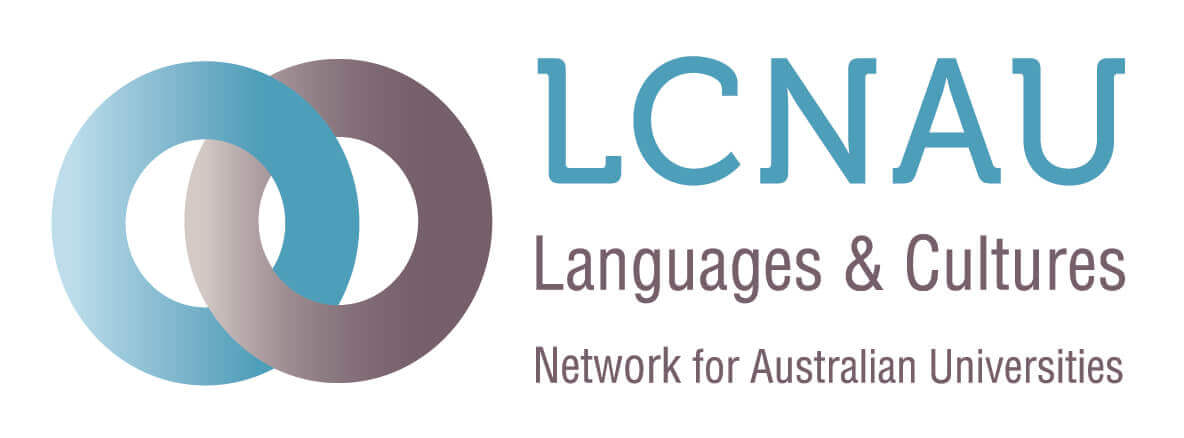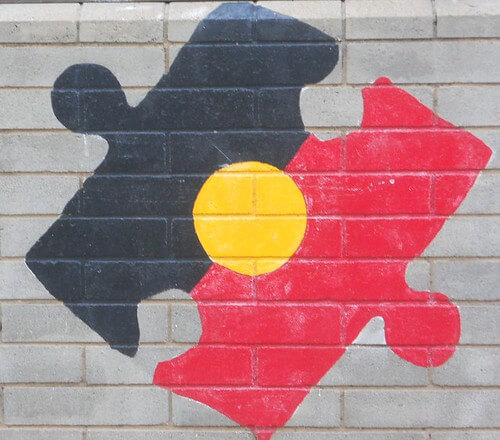Discover our Clusters
All members of LCNAU are welcome to join a cluster or clusters, according to their own interests. Clusters are intended to bring together scholars interested in a particular area of languages and cultures studies, and, in the long term, to encourage collective research projects or publications. Clusters undertake to hold regular meetings or events in order to keep up with the latest developments in their chosen area. Ideas for new clusters are always welcome.
Facilitators: Diane de Saint Léger, University of Melbourne, Australia, and Grace Qi, Massey University, Auckland, Aotearoa New Zealand
The ILTAC cluster brings together researchers working towards a broader understanding and enactment of the intercultural dimension in language and culture education in tertiary environments. It concerns the sub-fields of Foreign Language Teaching (FLT), Teaching English to Speakers of Other Languages (TESOL), Indigenous Language and Culture Education (ILCE), as well as Language and Intercultural Communication (LIC).
Facilitators: Rob Amery, University of Adelaide, Cathy Bow, Charles Darwin University and John Giacon, Australian National University
While Australians are realising that Indigenous languages are part of our heritage, it is still very difficult to study Indigenous languages at tertiary level—in 2021 there were still only seven languages on offer. There is a great deal to discuss about how training in Indigenous languages at tertiary level is to be done effectively, and in a way that enriches our understanding of Indigenous languages. This cluster is designed to inform and facilitate that discussion.

Facilitators: Anna Gadd, University of Western Australia, Paul Gibbard, University of Western Australia, Hélène Jaccomard, University of Western Australia, Marie-Laure Vuaille-Barcan, University of Newcastle, Rick Qi, Monash University, Lola Sundin, Monash University
Translation is now increasingly accepted as a useful means for developing language skills and intercultural awareness. This renewal of interest in translation in language teaching (TILT) has coincided with the consolidation of translation studies as a field of scholarly enquiry, providing a sound theoretical basis and generating valuable empirical studies. In light of these developments, this cluster (TICL) aims to provide a forum for the exchange of views about translation – and interpreting – and their use both in the foreign language classroom and in the training of language and culture professionals. Potential areas for discussion include: the place of translating and interpreting (TI) in the curriculum; assessing TI; machine translation (friend or foe?); TI and the intercultural; the sociology of TI; postcolonial TI; gender and feminist TI; multilingual TI; re-translation; Computer-Aided Translation (CAT); corpus-based translation studies.
Facilitators: Eric Bouvet, Flinders University, and Lara Anderson, University of Melbourne
The community at large constitutes a reservoir of linguistic and multicultural wealth that can provide valuable experiential opportunities for students to be exposed to language and culture-rich environments. As such, it promotes academic growth and enhances employability prospects. The Work Integrated Learning and Language Studies (WILLS) cluster offers a collaborative platform that seeks to explore the role of WIL in language studies from practical and theoretical points of view. It aims to facilitate the emergence of common research projects, to design and disseminate educational placement models and guidelines, as well as to promote WIL practices across the tertiary sector. The WILLS group would like to extend its reach to colleagues in Australia who have experience in placing students in language/culture-rich contexts or who are interested in starting their own language placement programs. For further information, please contact the project facilitators.



